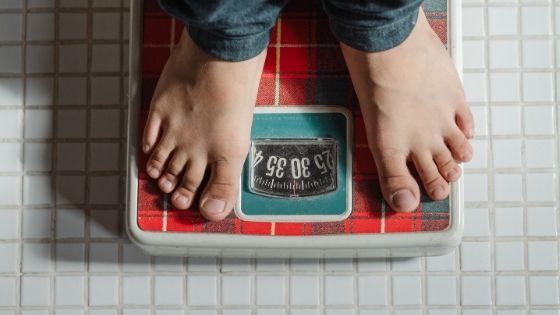People who are conscious about their weight take strides to download apps that help measure the calories of their meal. Some get into a fitness program with prescribed dietary plans. These actions are important to ensure these individuals achieve and maintain a healthy weight in life. The benefits of attaining and sustaining a healthy weight cannot be overstated in an age of microwave meals and fast food at our fingertips. A healthy weight should lower the risk of heart disease, diabetes, stroke and high blood pressure. Keeping a tab on one’s weight is also considered to reduce the risk of cancer. Regular exercise and eating are viewed as the safest way to control body weight.
We are also likely to purchase a bathroom scale that can be used to gauge our weight at the start of the day in comparison to lunchtime or after our heavy meal. This bathroom scale could be a display of harsh reality or progress. It is a reflection and a reminder of our good or bad habits. The scales do not lie and are designed to put our eating and exercising habits into a concrete context. Shaking, cleaning or smiling at the bathroom scale will not lead to an improved body scale or positive adjustment of your weight.
The bathroom scale is a friend we need in our life to constantly tell us the truth about the choices we are making. A much higher weight could be a reminder that we’ve consumed more juice and cookies lately. The weight figures revealed on the scale involves a flashback in our minds of the decisions we’ve made most recently. When we’ve made some poor choices regarding our diet and exercise, the scale will quietly remind us and expelling it into storage will not address the issue. Have you ever weighed yourself just before and after a poop?
The weight of a poop – weighing before and after emptying your bowels.
The presence of a bathroom scale could make us engage in some new habits. Some could go as far as writing down the body weight before and after a number two, You could use a notepad to identify the variance in weight and this can also be due to the meals you’ve had in the last 24 or 48 hours.
For the nerdy individuals, you may want to understand the pattern in weight reduction after a poop. To achieve this data goal, you could go the extra mile to look into the nutritional composition of the meals recently consumed. For example, you could find a higher drop in weight after consuming food that contains more fat and oil than minerals. Researchers have found the five types of food that contributes the most to weight gain or obesity. These are processed meat, potatoes, sugar-sweetened beverages, unprocessed red meats and potato chips. On the other hand, foods that contribute the least to weight gain are vegetables, fruits, yoghurt, whole grains and nuts.
The bathroom scale can help you determine the weight of your poop by subtracting the weight after handling your business to the initial one. It is an exercise or experiment that is worth looking into.




